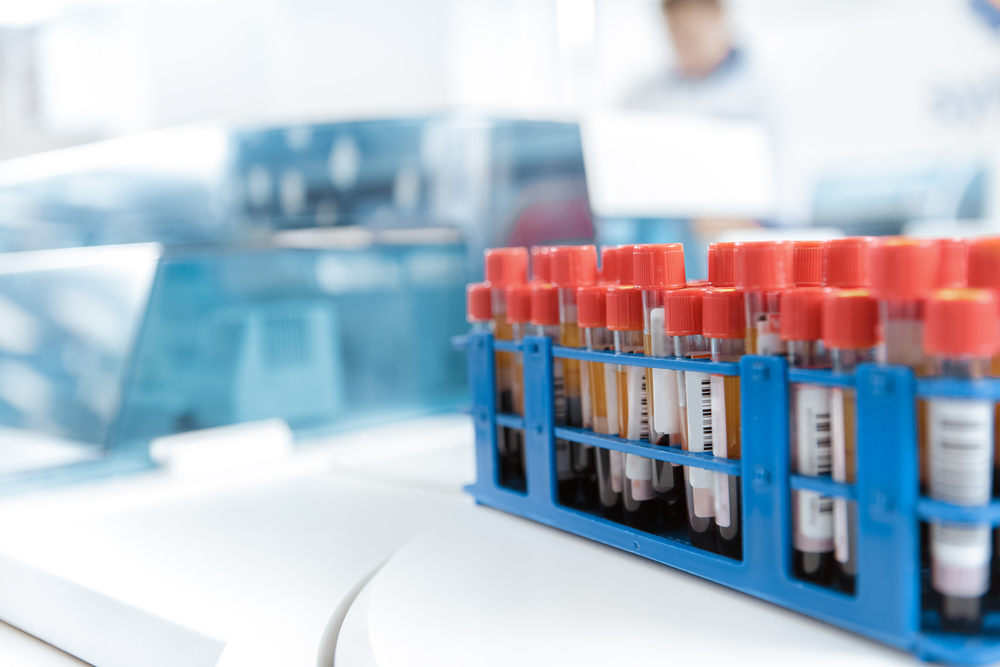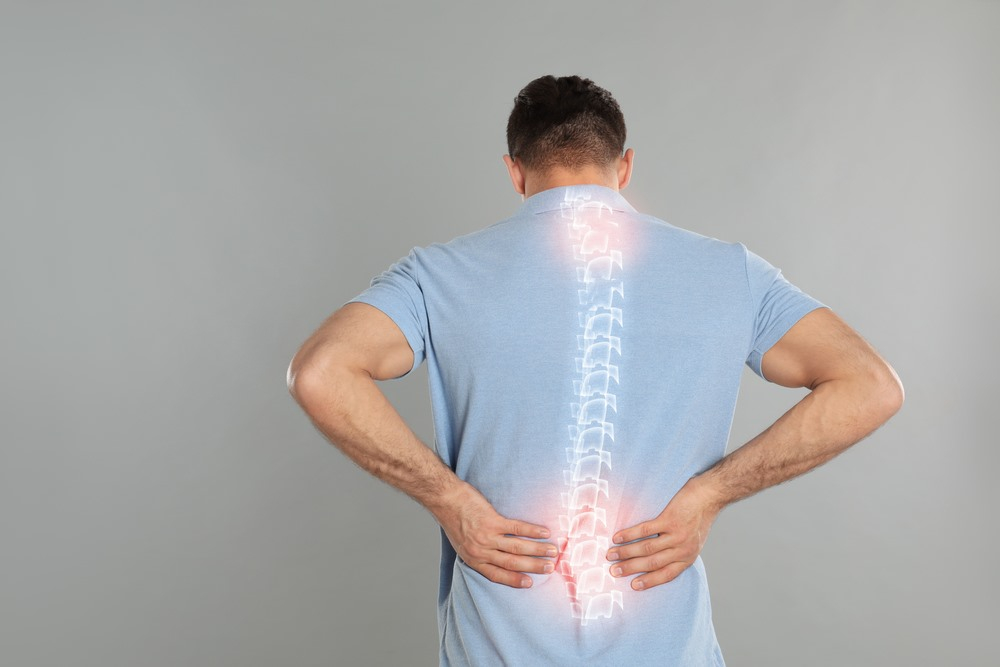Depression: What You Need to Know | Asto Labs

Introduction
Depression is a complex and multifaceted mental health condition that affects millions of people worldwide. In this comprehensive guide, we delve into the various aspects of depression, from its types and symptoms to its causes, diagnosis, and treatment options. Whether you're someone experiencing depression firsthand or a concerned friend or family member seeking to understand it better, this guide aims to provide you with valuable insights and resources to navigate through this challenging terrain.
Types of Depression
Depression isn't a one-size-fits-all condition; rather, it manifests in different forms, each with its unique characteristics and nuances. The most common types of depression include:
- Major Depressive Disorder (MD: This is the most prevalent form of depression characterized by persistent feelings of sadness, hopelessness, and loss of interest in activities once enjoyed.
- Persistent Depressive Disorder (PD: Formerly known as dysthymia, PDD involves long-term depressive symptoms that may not be as severe as MDD but can still significantly impact daily functioning.
- Bipolar Disorder: While distinct from unipolar depression, bipolar disorder involves alternating periods of depression and mania or hypomania, presenting unique challenges in mood regulation.
- Seasonal Affective Disorder (SA: SAD is a type of depression that occurs seasonally, typically in the winter months, due to reduced sunlight exposure.
- Postpartum Depression: Experienced by some women after childbirth, postpartum depression is characterized by intense feelings of sadness, anxiety, and exhaustion.
Symptoms of Depression
Recognizing the symptoms of depression is crucial for early intervention and effective management. While individual experiences may vary, common symptoms of depression include:
- Persistent feelings of sadness, emptiness, or hopelessness
- Loss of interest or pleasure in activities once enjoyed
- Changes in appetite or weight
- Difficulty sleeping or oversleeping
- Fatigue or low energy levels
- Feelings of worthlessness or guilt
- Difficulty concentrating or making decisions
- Thoughts of death or suicide
It's important to note that experiencing some of these symptoms occasionally doesn't necessarily indicate depression, but if they persist and interfere with daily life, seeking professional help is recommended.
Causes and Risk Factors
Depression can stem from a combination of genetic, biological, environmental, and psychological factors. Some common contributors to depression include:
- Genetics: Individuals with a family history of depression are at a higher risk of developing the condition themselves, suggesting a genetic predisposition.
- Brain Chemistry: Imbalances in neurotransmitters such as serotonin, dopamine, and norepinephrine play a role in regulating mood and can contribute to depression when disrupted.
- Environmental Factors: Stressful life events, trauma, abuse, or major life changes like divorce or loss of a loved one can trigger or exacerbate depression.
- Medical Conditions: Certain medical conditions such as chronic illness, thyroid disorders, or neurological conditions may increase the risk of depression.
- Substance Abuse: Alcohol or drug abuse can both contribute to and result from depression, creating a vicious cycle that worsens symptoms over time.
Diagnosis and Assessment
Diagnosing depression involves a comprehensive assessment by a qualified mental health professional, typically a psychiatrist or psychologist. This assessment may include:
- Clinical interviews to evaluate symptoms and their impact on daily functioning
- Psychological questionnaires or standardized tests to assess mood and cognitive functioning
- Physical examinations and laboratory tests to rule out any underlying medical conditions
- Collaboration with other healthcare providers to ensure holistic care
It's essential for individuals experiencing symptoms of depression to undergo a thorough evaluation to receive an accurate diagnosis and appropriate treatment plan.
Treatment Options
Fortunately, depression is a highly treatable condition, and various treatment modalities are available to help individuals manage their symptoms and improve their quality of life. Some common treatment options include:
- Psychotherapy: Also known as talk therapy, psychotherapy involves meeting with a therapist to explore thoughts, feelings, and behaviors contributing to depression and develop coping strategies.
- Medication: Antidepressant medications, such as selective serotonin reuptake inhibitors (SSRIs) or serotonin-norepinephrine reuptake inhibitors (SNRIs), can help rebalance neurotransmitters in the brain and alleviate symptoms of depression.
- Lifestyle Changes: Engaging in regular exercise, maintaining a healthy diet, getting adequate sleep, and practicing stress-reduction techniques like mindfulness or meditation can all play a role in managing depression symptoms.
- Support Groups: Joining a support group or participating in group therapy sessions can provide individuals with peer support, validation, and coping strategies for dealing with depression.
- Electroconvulsive Therapy (ECT) or Transcranial Magnetic Stimulation (TMS): In cases of severe or treatment-resistant depression, these advanced therapies may be recommended to stimulate specific regions of the brain and alleviate symptoms.
Suicide Prevention and Awareness
Depression carries a heightened risk of suicide, making suicide prevention efforts critical in mental health care. Some important strategies for preventing suicide include:
- Recognizing warning signs such as talking about suicide, expressing hopelessness, or withdrawing from social activities
- Encouraging open communication and offering support to individuals struggling with depression
- Removing access to lethal means such as firearms or medications
- Seeking immediate help from mental health professionals or emergency services if someone is at risk of harming themselves
Check your mental health with quiz:
How often do you feel sad or hopeless?
- Rarely or never
- Occasionally
- Frequently
- Almost constantly
Do you find it difficult to enjoy activities that you once found pleasurable?
- Not at all
- Sometimes
- Often
- Always
How often do you feel sad or hopeless?
- Rarely or never
- Occasionally
- Frequently
- Almost constantly
Do you find it difficult to enjoy activities that you once found pleasurable?
- Not at all
- Sometimes
- Often
- Always
Have you experienced significant changes in your appetite or weight recently?
- No changes
- Minor changes
- Moderate changes
- Severe changes
How would you rate your quality of sleep?
- Excellent
- Good
- Fair
- Poor
Do you often feel fatigued or lacking in energy?
- Rarely
- Occasionally
- Frequently
- Constantly
Have you noticed a decline in your ability to concentrate or make decisions?
- Not at all
- Occasionally
- Often
- Always
Do you experience feelings of worthlessness or guilt?
- Rarely or never
- Sometimes
- Frequently
- Almost constantly
Have you had thoughts of death or suicide?
- Never
- Rarely
- Sometimes
- Often
Scoring:
For each question, assign the following points:
- = 0 points
- = 1 point
- = 2 points
- = 3 points
Add up your total points to determine your score.
Interpretation:
0-10 points: Low likelihood of depression
11-20 points: Mild depression symptoms, consider seeking support if these feelings persist.
21-30 points: Moderate depression symptoms, seeking professional help is recommended.
31-40 points: Severe depression symptoms, urgent professional intervention is needed.
Conclusion
depression is a complex and challenging condition that can have a profound impact on individuals' lives. By understanding its types, symptoms, causes, and treatment options, we can better support those affected by depression and promote mental health awareness and resilience in our communities. If you or someone you know is experiencing symptoms of depression, don't hesitate to reach out for help. Remember, you're not alone, and effective treatment and support are available to help you navigate through this journey towards healing and recovery.






